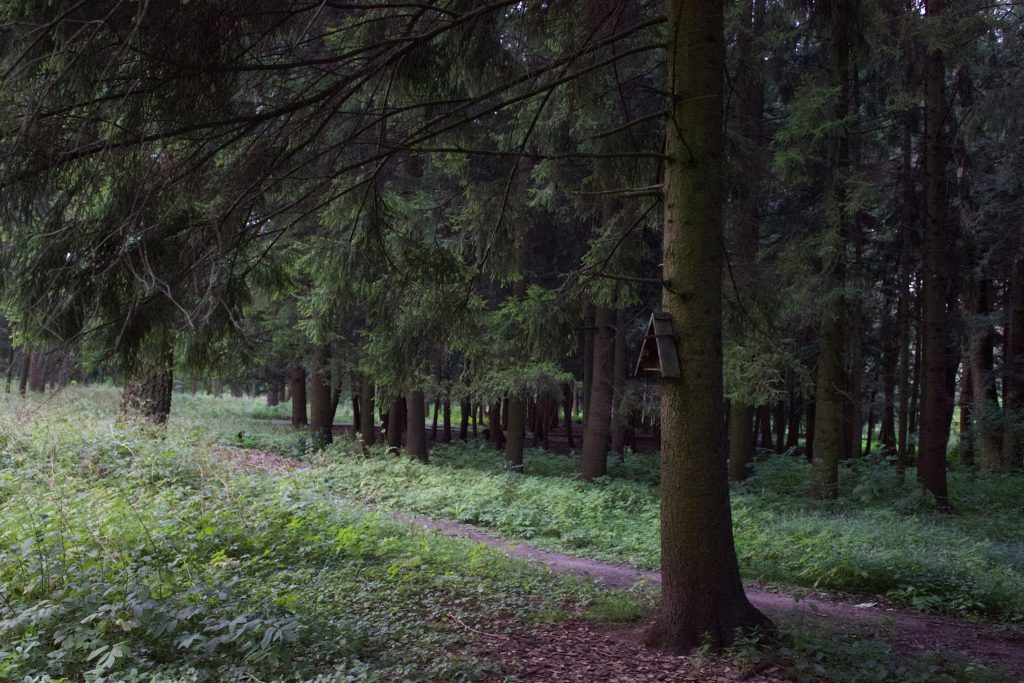In a surprising revelation, independent presidential candidate Robert F. Kennedy Jr. has come forward to discuss a bizarre incident from 2014 involving the disposal of a dead bear cub in New York City’s iconic Central Park. This admission has reignited interest and debate over the peculiar circumstances surrounding the event, which left many New Yorkers scratching their heads at the time.
Kennedy Jr. explained that he had initially intended to take the dead bear cub home to skin it after a long day of falconry. However, the day took an unexpected turn, leading him to abandon the bear cub in the park. “It was a long day, I had been out there falconing, and then I had a hearty steak dinner. I just couldn’t carry it any further,” he stated, shedding light on his unusual decision.
The bear cub was discovered partially hidden under bushes near West 69th Street, and the incident baffled local authorities and residents alike. At the time, the presence of the bear cub carcass raised questions about legality and ethics, particularly whether Kennedy Jr.’s actions constituted a violation of state law.
Upon acknowledging the situation, Kennedy Jr. referred to the entire episode as a prank, suggesting that it was not meant to be taken seriously. “It was a lapse in judgment, but it was all in good fun,” he remarked, attempting to downplay the severity of the incident that had shocked many in the community.
The 2014 event gained media attention for its sheer oddity, and many wondered about the motivations behind his actions. Was it a careless decision, or was there a deeper meaning? Some critics argue that the incident reflects a lack of seriousness on Kennedy Jr.’s part, especially as he campaigns for the presidency.
As Kennedy Jr. continues his presidential campaign, this revelation raises questions about how such antics might influence public perception of his candidacy. In a political landscape that often scrutinizes candidates for their past actions, this incident could either tarnish his reputation or serve as a quirky anecdote that humanizes him to voters.
The bear cub incident serves as a reminder of the unpredictable nature of political campaigns, where candidates must navigate not only policy discussions but also their personal narratives. While Kennedy Jr. aims to position himself as a serious contender in the race, this peculiar episode could serve as a double-edged sword, potentially gaining him attention or questioning his judgment.
As we look ahead to the upcoming elections, the implications of past actions like this bear cub incident could play a significant role in shaping the candidates’ images and the voters’ decisions. Will voters see Kennedy Jr. as a relatable candidate with a sense of humor, or will they view this incident as indicative of a lack of responsibility? Only time will tell as the campaign progresses and the electorate weighs the merits of each candidate’s character and judgment.

